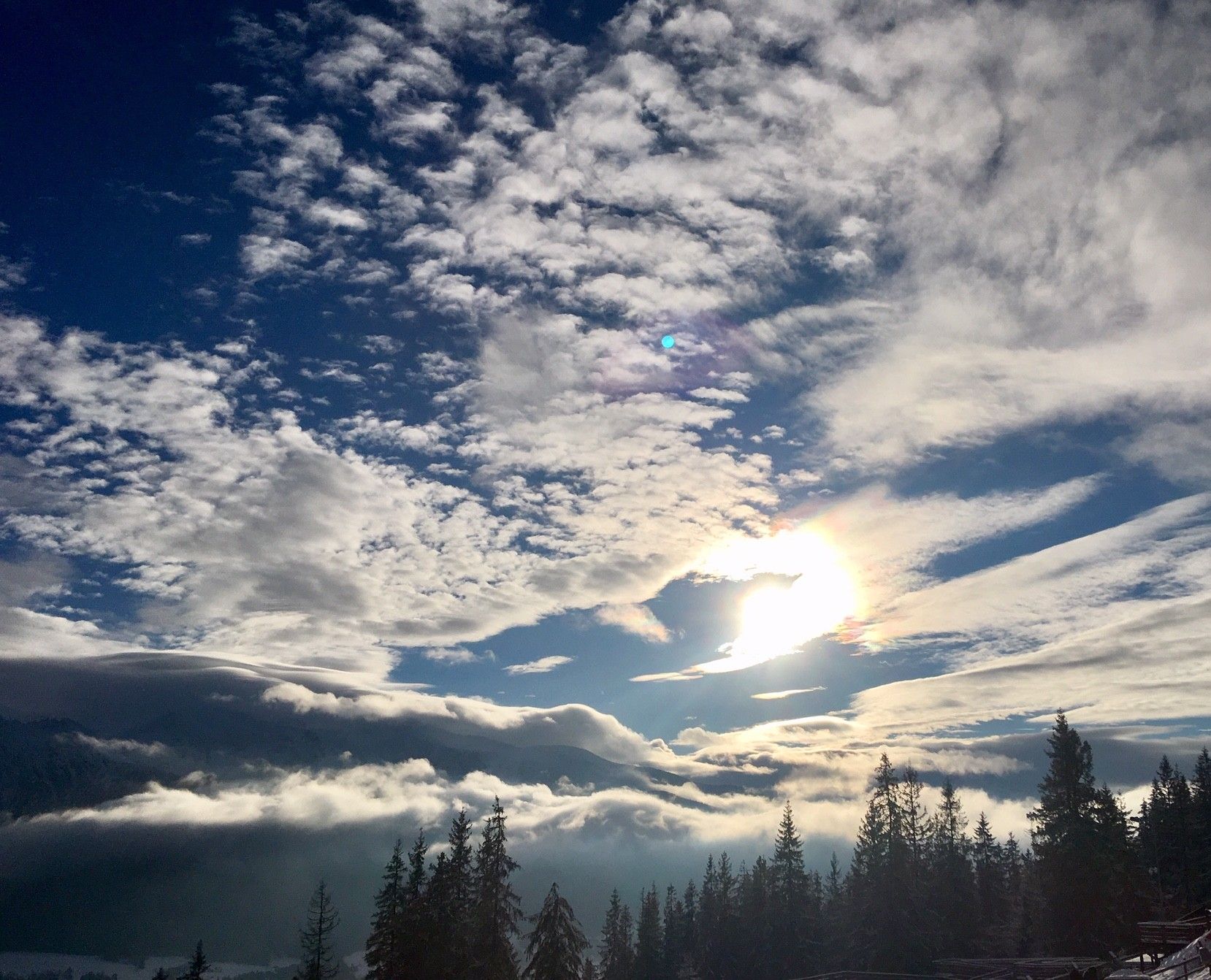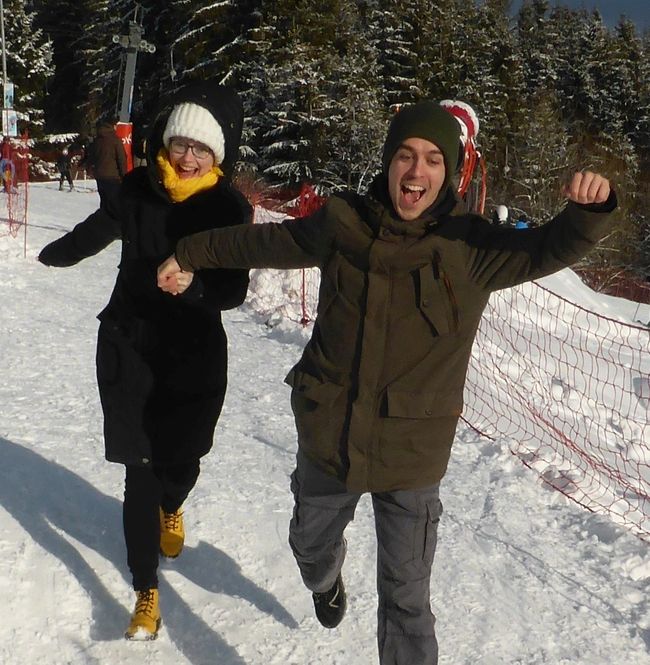A cheerful people with sad songs
Ebifulumiziddwa: 09.12.2020
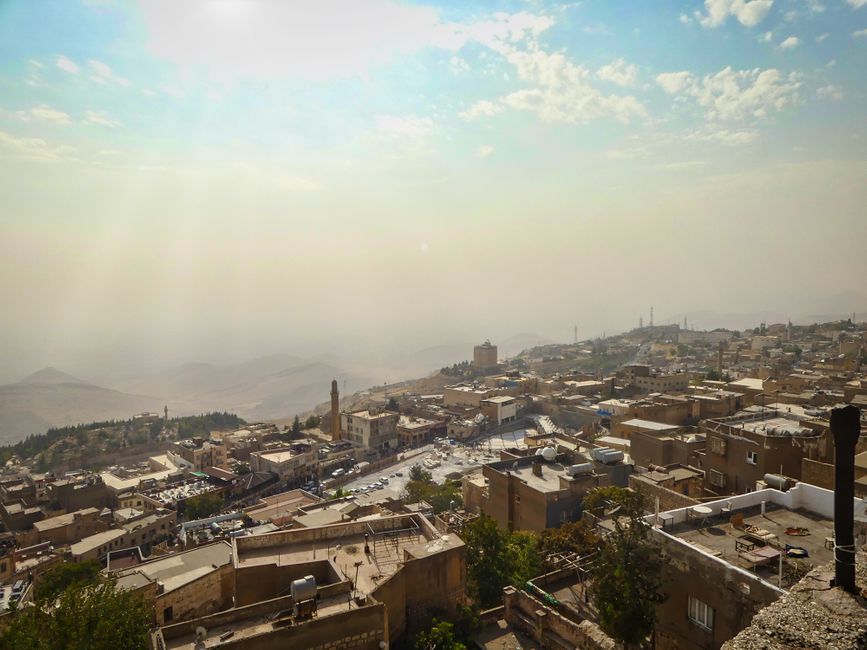
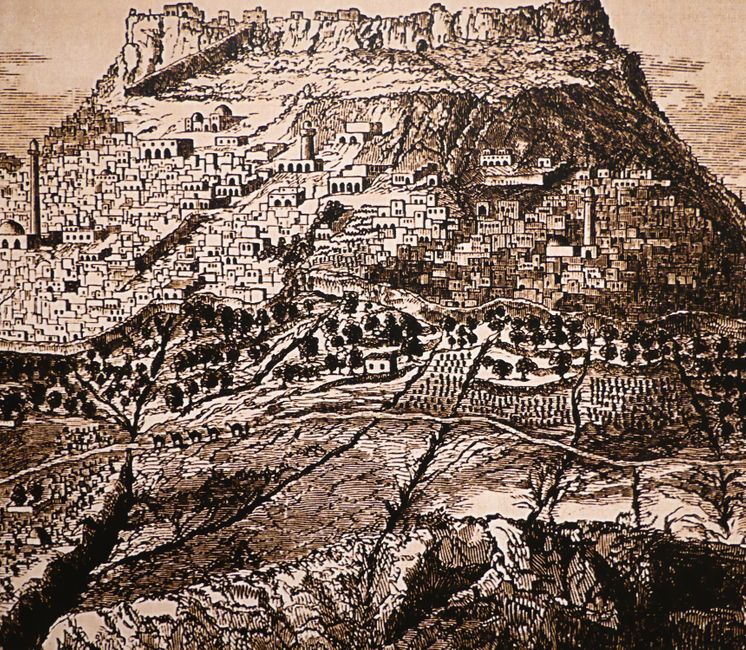
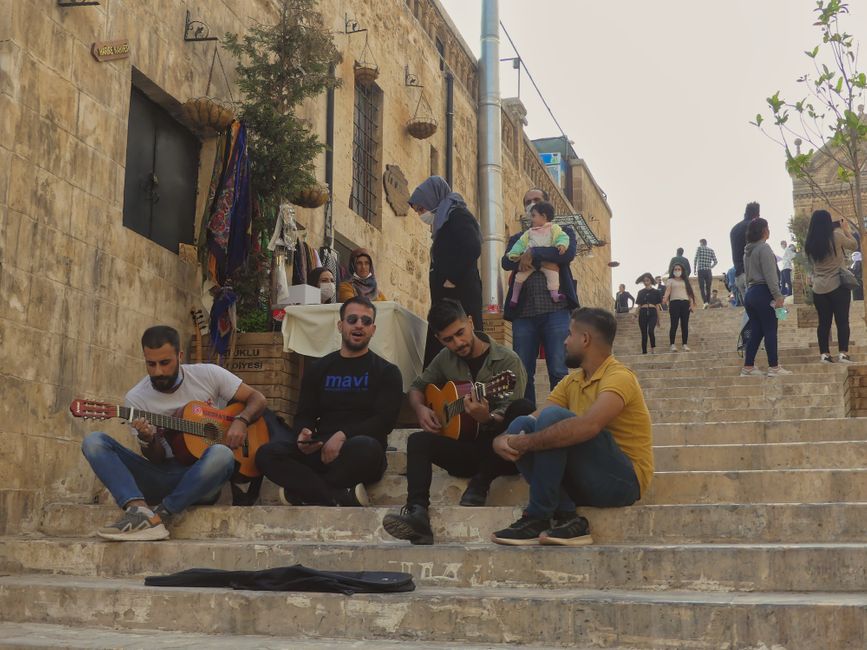
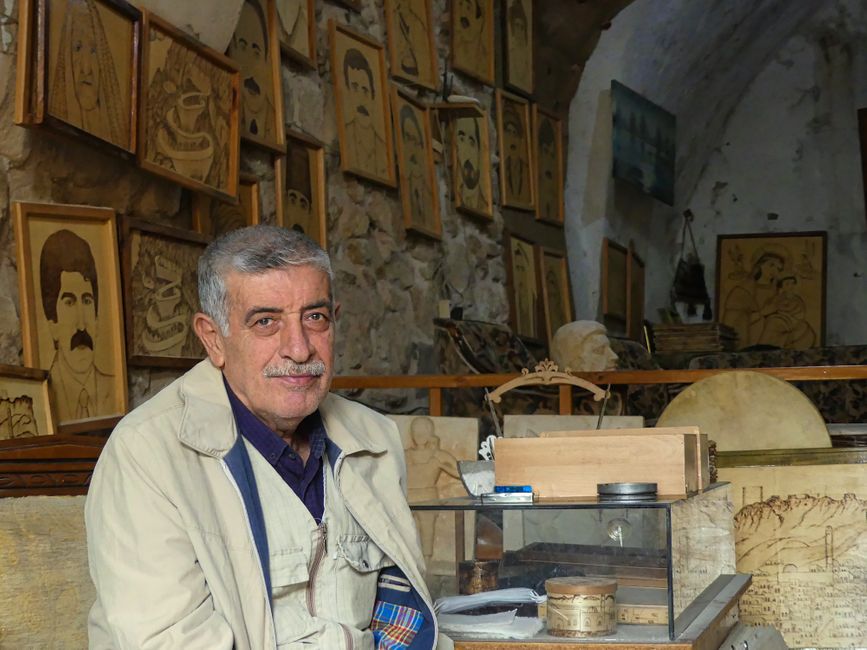
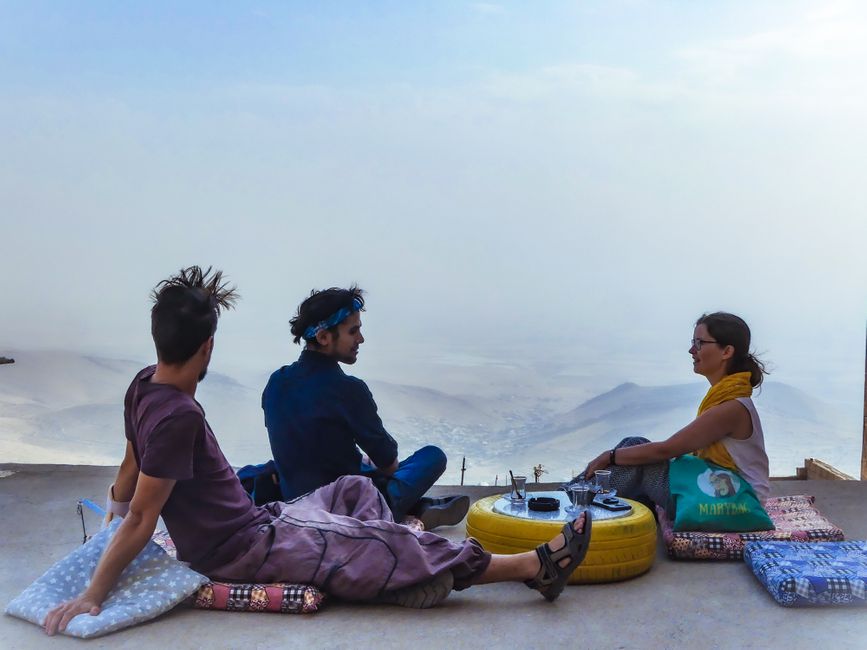
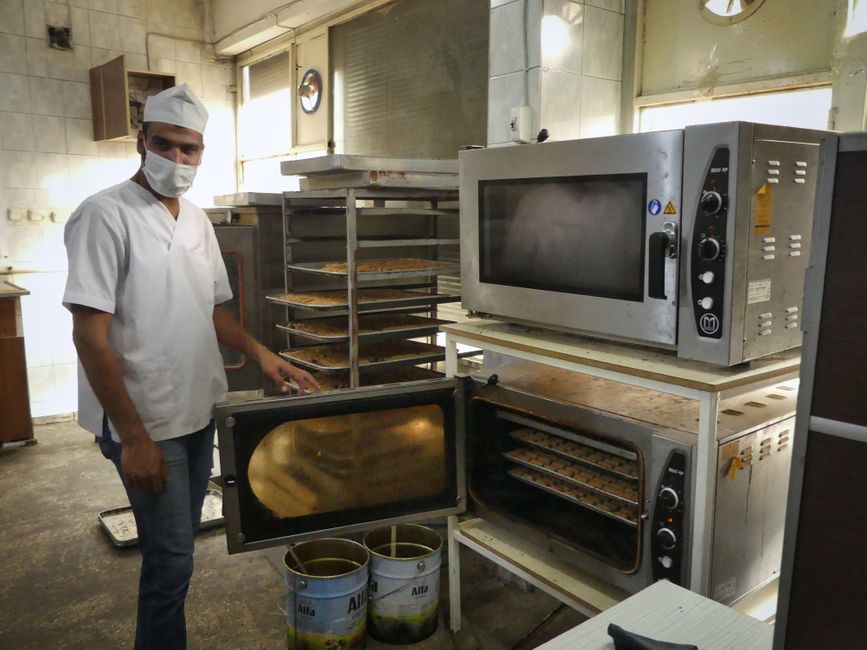
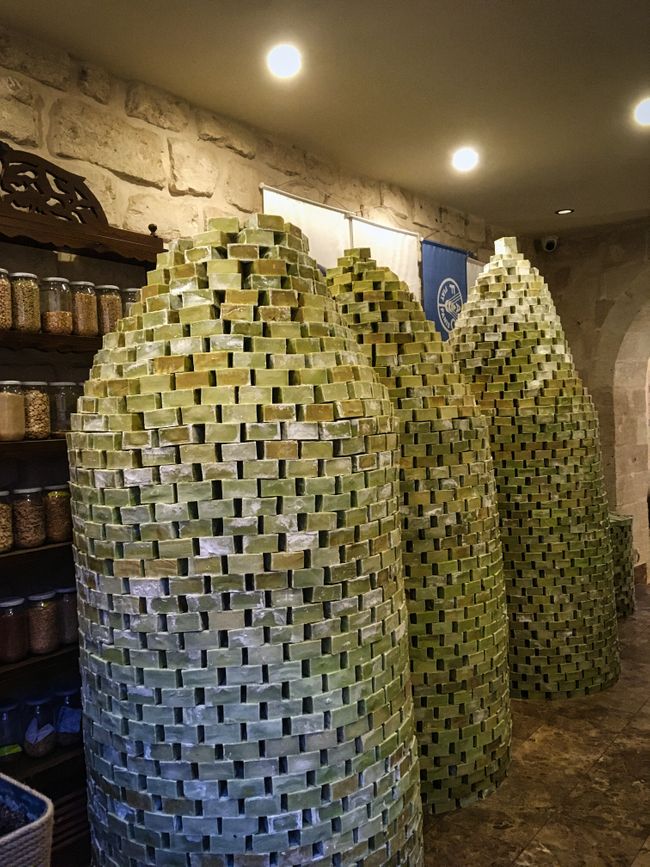
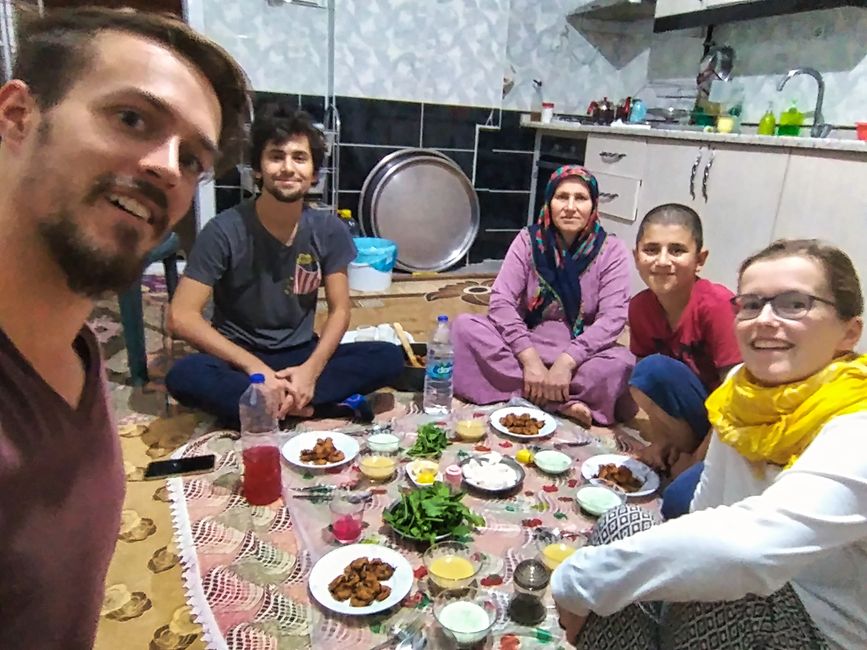
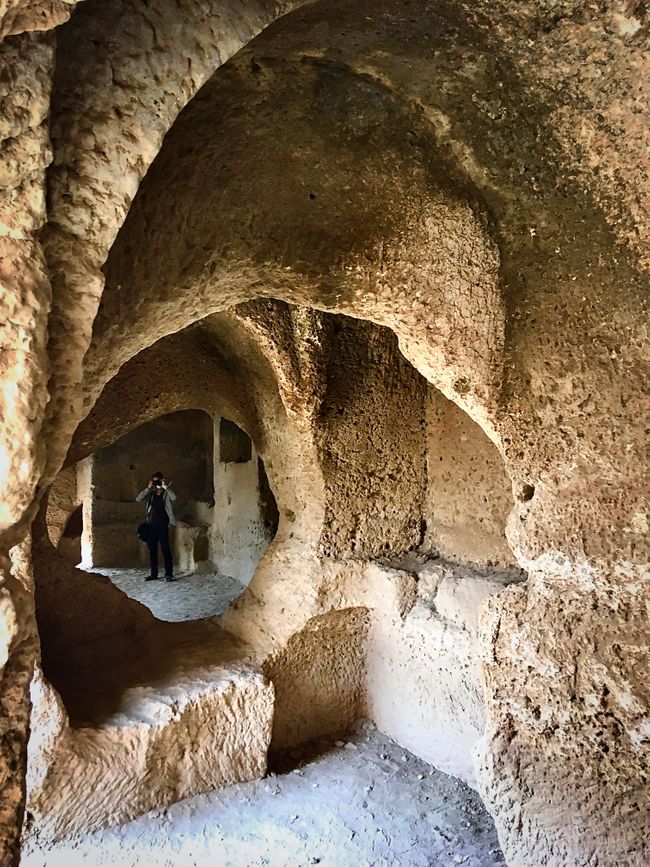
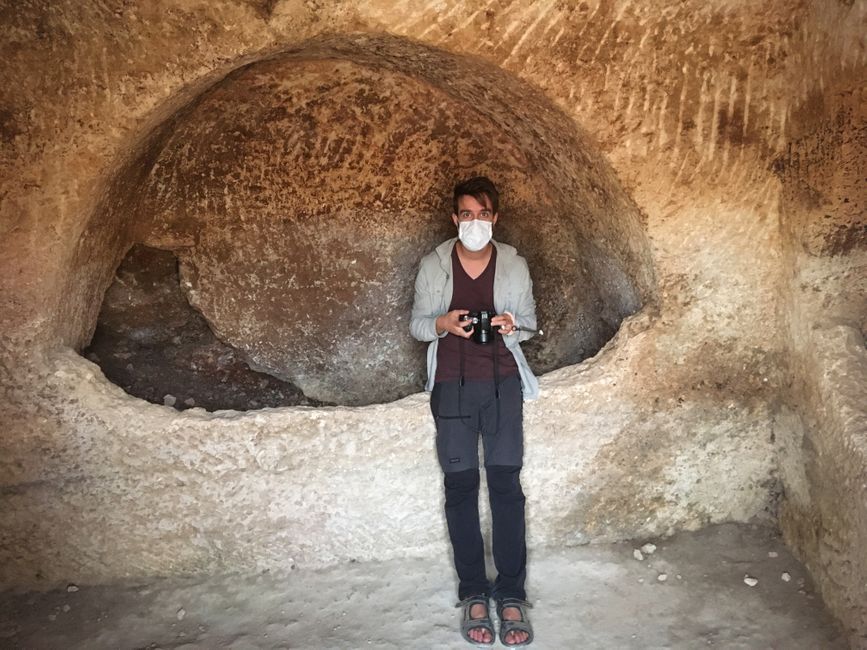
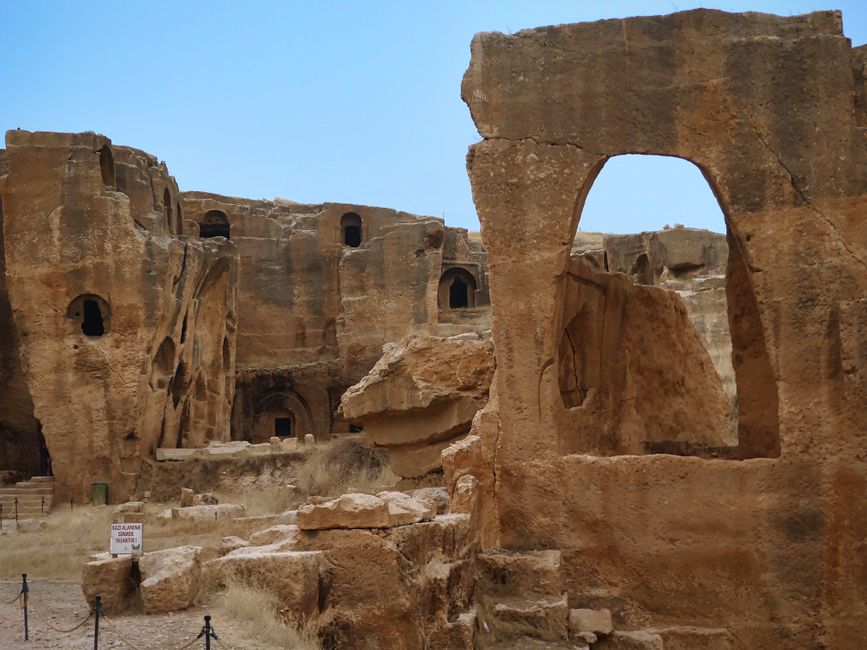
Wewandiise ku lupapula lw'amawulire
English version below.
One evening we sit together with Bünyamin, our host, and listen to the melody he plays on a string instrument. The song sounds sad, like many Kurdish songs. Bünyamin says this is because his people have experienced so many sad things. They were expelled, their language was forbidden, they were persecuted and killed. Fortunately, his own family has been spared, but in the Kurdish communities, everyone knows someone who has lost someone in the past.
Nevertheless, the Kurds don't seem to have lost their joy of life. Life here takes place on the street. People invite neighbors, friends, or passing acquaintances for tea (a fine custom that we enjoy very much), children play in front of the door, and people seem to talk, joke, and laugh a lot.
When we look out from the balcony of the house in the evening around ten o'clock - it's already dark outside - there are still people out and the children's play continues; in Germany, a residential area would be completely empty at this time. We also quickly get into conversation with people. Many ask about Stefan's injury and express their sympathy.
What we also like about Mardin is the peaceful atmosphere in the city. The German Foreign Office warns against traveling to this region near the Syrian border. But Turks, Kurds, Arabs, Syrians, and Armenians have been living together peacefully here for centuries. In the past, the city was an important hub on the Silk Road, and the old town of Mardin seems to have remained in that era to this day. The alleys are labyrinthine and narrow, the buildings seem to come from the ancient Orient, and when you look from the rooftops of the tea rooms and restaurants into the valley, you almost expect to catch sight of a caravan in the distance.
However, the surrounding area of the city does not live up to this image. Carelessly discarded rubbish lines every street and the dust that the wind blows in front of it is our constant companion. So we are already looking forward when we enter Bünyamin's hospitable home again in the evening, where his family accommodates us for a few days. His mother serves new specialties every day and takes care of us from front to back. We feel a little uncomfortable with that, but we are guests and are not allowed to help. Bünyamin also strictly refuses to let us treat him to a restaurant visit at least once. At least we can reciprocate by teaching his younger brother Wesir a bit of English.
After three days, however, it is time to say goodbye. Bünyamin and his family wish us all the best, a safe return home, and that we will see each other again one day. We are deeply moved. We did not expect so much hospitality. Grateful for everything we have experienced in the last few days, we move on. And one thing is certain: we also want to return the hospitality we have experienced here one day.
Mardin: town by the Silk Road
One evening we are sitting in Bünyamin's room, listening to a Kurdish song he is playing on his string instrument. It sounds gloomy as do many Kurdish songs. When we ask Bünyamin, our host in Mardin, about it he explains that Kurds have experienced lots of tragedies. They were chased away, prosecuted, forbidden to speak their language and some were killed.
Nevertheless they do not seem to have lost their will and zest for life. Mostly life is spent outside on the streets here. Friends, neighbors and acquaintances are invited for tea when passing by (a custom we greatly appreciate), kids play outside on the street and people seem to interact, laugh and talk much more than citizens back in Germany. As we look outside at 10pm, night has already fallen, there are still people outside and children are playing happily.
We also enjoy the peaceful atmosphere in the city of Mardin. The German ministry of foreign affairs has issued a warning for travelers not to enter the region due to political tensions. But we experience a multicultural town where Turks, Arabs, Kurds, Armenians and Syrians live together peacefully and have done for the bigger part of the last centuries. In former times the town was a significant trade hub by the Silk Road. The old town still seems to resemble this era with its labyrinthian and narrow streets and the buildings might originate from the ancient orient. When sitting on one of the rooftop terraces, in a restaurant or a café to drink tea, you can just imagine a caravan making its way towards the city.
The outskirts of Mardin, however, paint a different picture. Carelessly discarded litter lines the streets and a hot dusty wind blows continuously. Thus we're happy when we arrive back at Bünyamin's family home, our shelter for the time here. His mother outdoes herself everyday cooking local specialties for us. Guests are treated like royalty here and we're not even allowed to pay for Bünyamin's food, when we visit a restaurant. (Eventhough we sneakily still do.) His brother Wesir is also very interested in us and we play card games with him and teach him a little English.
After three wonderful days it's time to say goodbye and Bünyamin and his family give us their wishes for a safe journey and we all hope to see each other again one day. We are very touched by their friendliness and hospitality and are determined to take their example and open our home to travelers one day.
Wewandiise ku lupapula lw'amawulire
Okuddamu
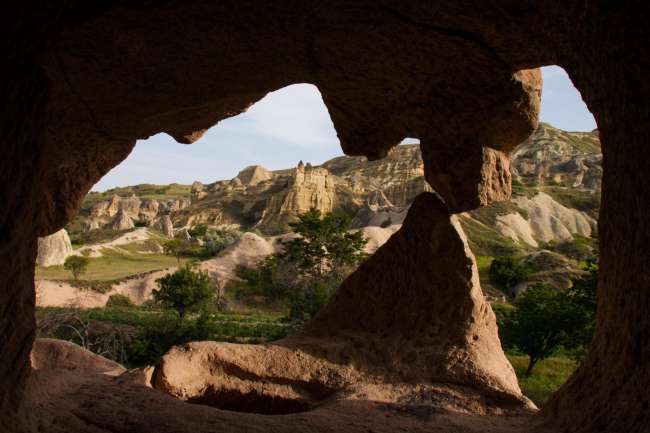
Lipoota z'entambula Ssekokko
